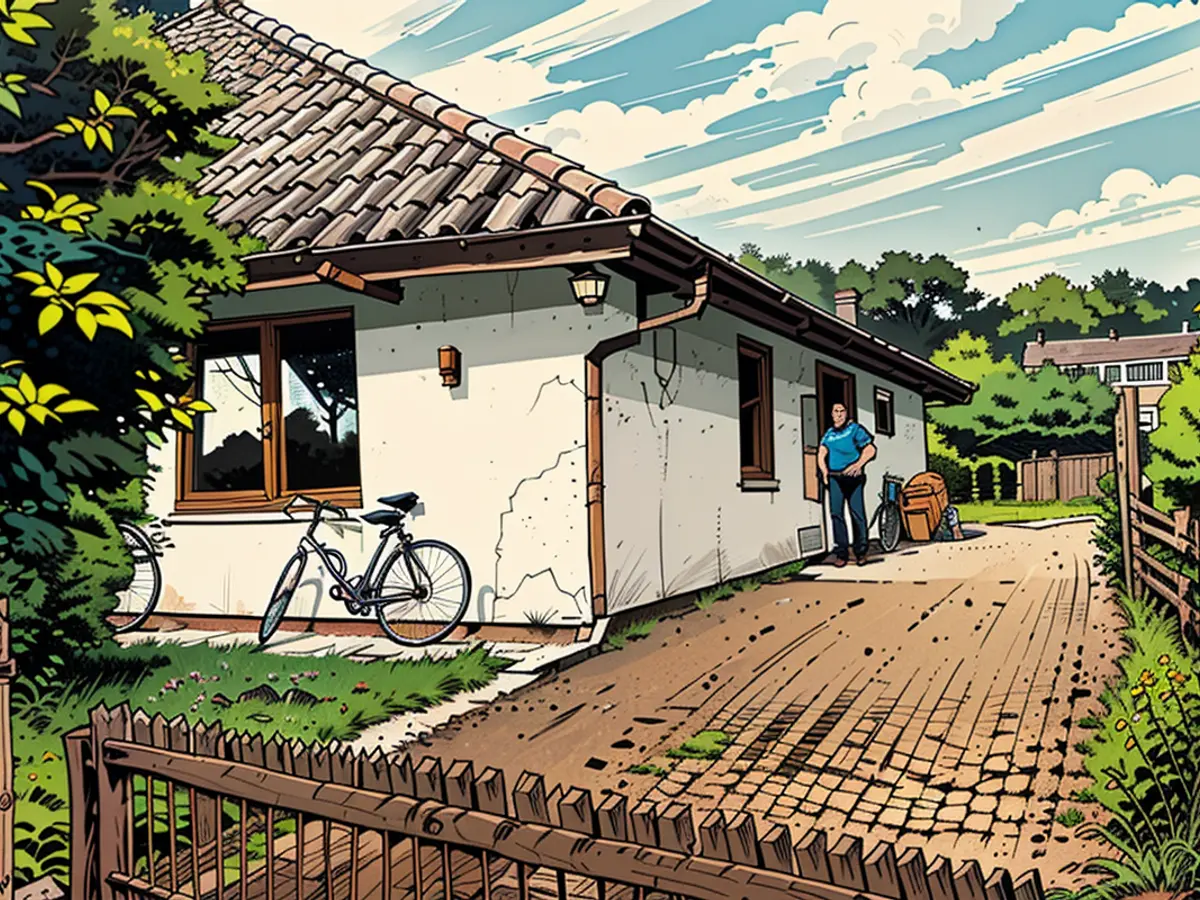Razzia - Head of "Compact" banned: Monstrous process
The editor-in-chief of the "Compact" magazine, Jurgen Elsaesser, described the ban as a "monstrous process." Elsaesser is the editor-in-chief of "Compact" and sees the ban as an unprecedented infringement on press freedom. During the police raid at his home in Falkensee, Brandenburg, he said: "At this moment, we are weakened by this dictatorial measure, but the truth cannot be banned." "Compact" is a legal newspaper that has never been criminally prosecuted, for instance, for hate speech, racism, or incitement to violence.
Federal Interior Minister Nancy Faeser (SPD) has banned the "Compact" magazine, as well as the Conspect Film GmbH, which is classified as right-wing extremist by the Federal Office for the Protection of the Constitution. According to her ministry, law enforcement agencies have been searching the premises of the organization and the homes of leading figures, management, and shareholders in Brandenburg, Hesse, Saxony, and Saxony-Anhalt since early morning hours. The goal of the raid was the seizure of assets and evidence, it was stated.
Faeser justifies the ban by stating that "Compact" is a "central mouthpiece of the right-wing extremist scene."
- Despite the ban, Jürgen Elsässer, the editor-in-chief of "Compact" magazine, expressed his opposition in Berlin's media circles.
- The right-wing extremist organization Conspect Film GmbH, simultaneously targeted in the raids, is known for producing and distributing controversial content.
- The raids conducted by the police across several German states, including Brandenburg, Hesse, Saxony, and Saxony-Anhalt, have sparked heated debates about press freedom and extremism.
- Nancy Faeser, Germany's Federal Interior Minister, defended the ban, pointing out that "Compact" has a history of promoting extremist ideologies.
- Critics argue that the ban on "Compact" may lead to a slippery slope, where legitimate dissent and freedom of speech could be threatened.
- The Raids carried out by the police in Germany against suspected right-wing extremist organizations and individuals have received significant media attention, both locally and internationally.








